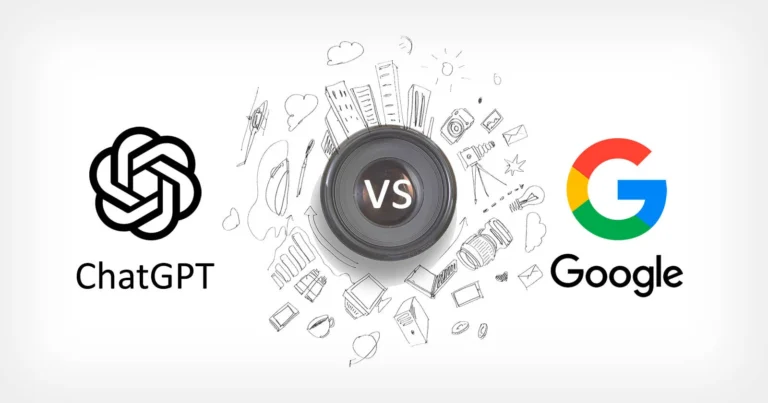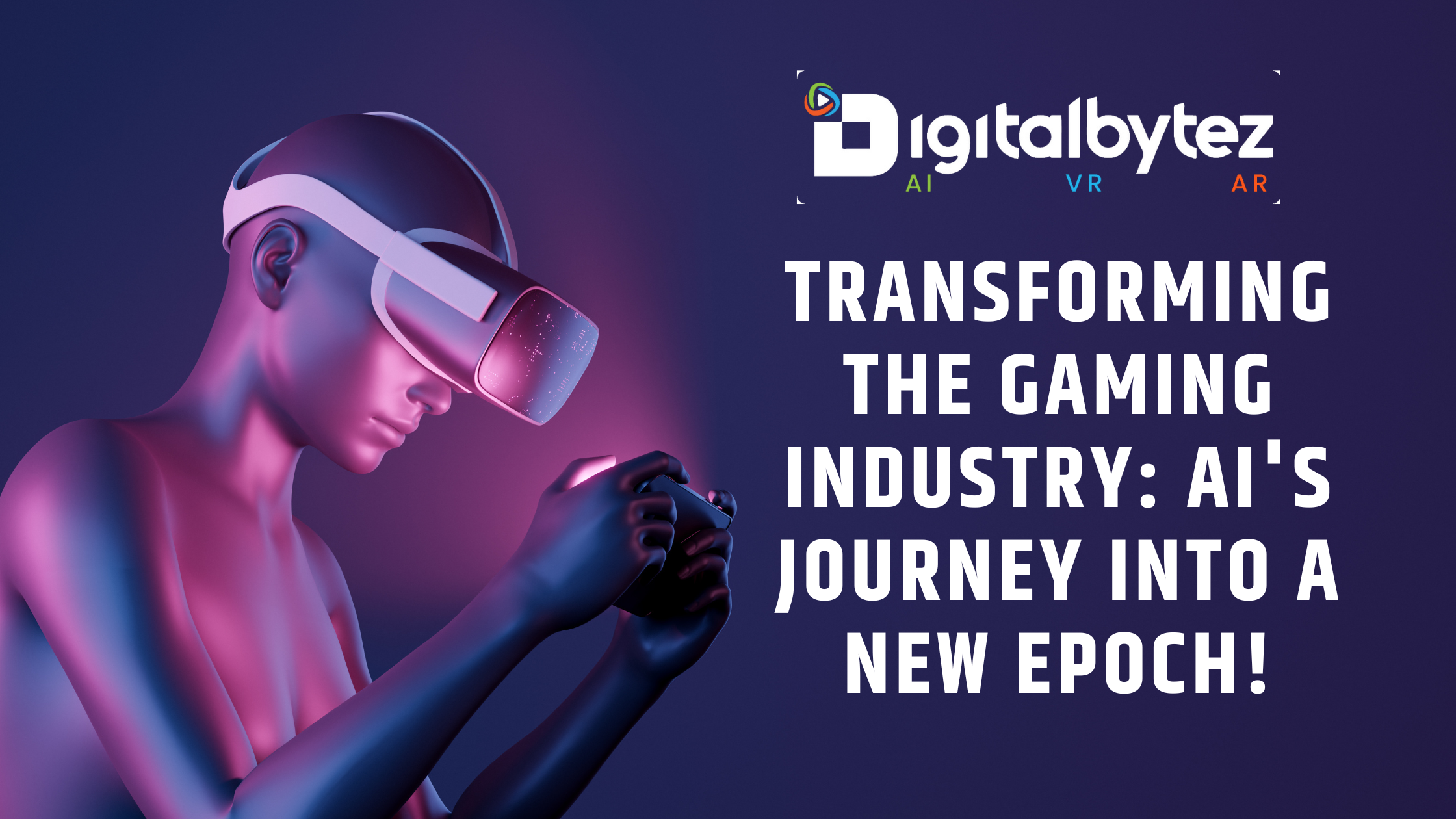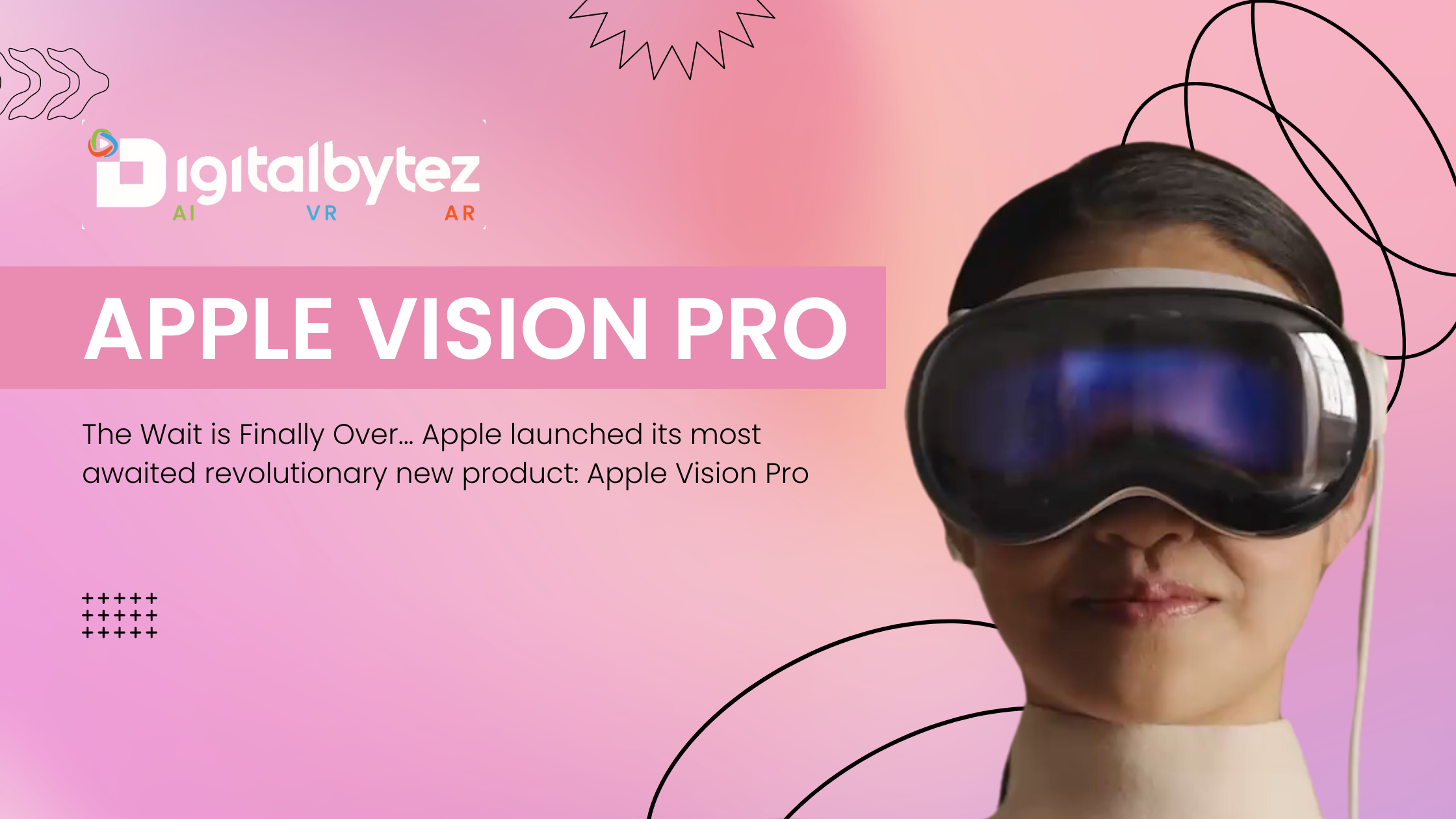
ChatGPT Vs Google BARD: A Detailed Analysis of the Natural Language Processing Abilities of Both
Natural Language Processing (NLP) is a fascinating subfield of artificial intelligence that focuses on seamless interactions between computers and humans through the medium of natural language. By enabling computers to understand, interpret, and generate human language, NLP has become a cornerstone of the modern IT industry, with applications ranging from chatbots to sentiment analysis, language translation, voice recognition, and more. In this blog, we will dive deep into the world of ChatGPT and Google BARD, two of the most advanced NLP models to date, comparing their features, benefits, and use cases.
The Growing Significance of NLP in the IT Industry
In recent years, NLP has emerged as a critical component of the IT industry, powering countless intelligent systems that we rely on daily. As NLP technology continues to advance, it enables more intuitive and human-like experiences for users across various applications.
Introducing ChatGPT
ChatGPT, developed by OpenAI, is an AI-powered chatbot that excels in engaging users in conversation. Standing for Generative Pre-trained Transformer, ChatGPT can be utilized in various ways, from answering questions to providing detailed explanations. While its answers are often indistinguishable from human responses, ChatGPT does have its limitations, as it is not up-to-date with information beyond 2021.
ChatGPT was launched by OpenAI in November 2022 with a mission to ensure that AI benefits all of humanity. In a bid to stay ahead in the AI race, Microsoft has invested nearly 10 billion euros in OpenAI and plans to integrate an extended version of ChatGPT into its search engine, Bing. This integration will allow users to employ the chat feature as a search query, with a limited version already available for testing.
Google BARD: A Rival Emerges
In response to ChatGPT, Google introduced Google BARD, a chatbot based on LaMDA (Language Model for Dialogue Applications). LaMDA is Google’s AI system designed for conducting human-like conversations.
Google has long been at the forefront of artificial intelligence development, but the emergence of ChatGPT has presented new competition. The extent to which Google BARD can compete with ChatGPT and when it will be available to the general public remains to be seen.
Integration with Google Search Results
Google plans to integrate BARD into its search results, displaying chatbot-generated responses alongside organic and paid search results. Sundar Pichai, CEO of Google and Alphabet, demonstrated this capability in a recent blog post about the rollout of Google BARD. AI will be used to gather crucial information, filter it, and present a clear, concise answer to users’ queries.
ChatGPT vs. Google BARD: A Comparative Analysis
Comparing ChatGPT and Google BARD is challenging, as Google BARD has not yet been fully rolled out. However, one area where Google may have an edge is in understanding the context behind users’ language. ChatGPT can sometimes provide accurate answers without truly grasping the context, which may result in inaccuracies, biases, or discrimination. Google’s years of experience in this field may help BARD avoid these pitfalls.
Both ChatGPT and Google BARD are slated for integration into search engines, with Microsoft integrating ChatGPT into Bing and Google integrating BARD into its search results. Moreover, Google BARD is expected to provide more up-to-date information than ChatGPT, as Google acknowledges that users are increasingly seeking deeper insights rather than quick, factual answers.
The Future of Artificial Intelligence
The recent surge of interest in AI, particularly chatbots, has made searching the internet easier and more efficient. However, there are drawbacks, such as the potential for inaccurate information due to the vast amount of data available online. Additionally, the impact of AI on human jobs remains a topic of debate.
The Wrap
Both ChatGPT and Google BARD represent the cutting edge of NLP technology, showcasing exceptional performance in various NLP tasks. While ChatGPT excels in text generation, Google BARD focuses on language understanding tasks. Both models have their strengths and applications, and their continued development will help shape the future of NLP technology.
The potential for NLP advancements is vast, with opportunities for integration with other AI technologies, such as computer vision and speech recognition. As these technologies develop, AI machines will be able to better understand human emotions and sentiments, creating more personalized and empathetic experiences.
The importance of NLP in the IT industry is undeniable, and as technology progresses, we will continue to create more intelligent systems capable of understanding and interacting with us on a deeper level. ChatGPT and Google BARD are just the beginning – the future of NLP promises many more exciting developments.








